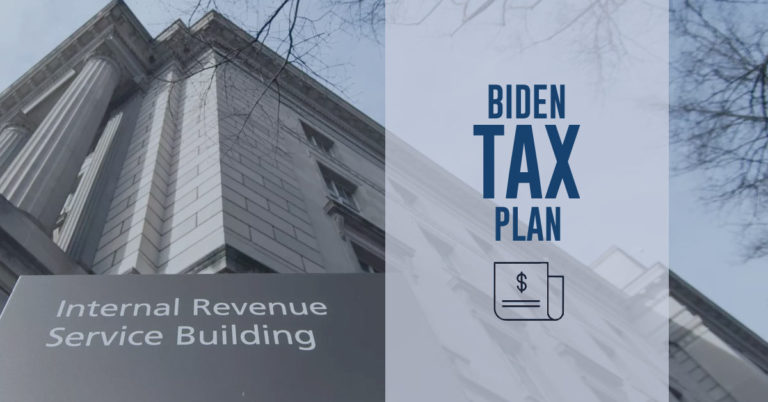Are you exploring ways to optimize your family’s tax situation? Transferring assets to your children might seem like a straightforward strategy for tax savings, but it’s crucial to understand the complexities involved.
This tax technique is called income shifting. It seeks to take income out of your higher tax bracket and place it in the lower tax brackets of your children.
In this article, we delve into the intricacies of income shifting, a technique that involves moving assets into children’s names to capitalize on lower tax brackets.
We’ll cover the critical aspects of the kiddie tax rules, how they’ve evolved over recent years, and provide insights into making informed decisions about your family’s investments.
What Are the Kiddie Tax Rules?
The kiddie tax rules are tax regulations that apply to the unearned income of children under certain age thresholds, taxing this income at their parents’ higher tax rates to prevent families from avoiding taxes by shifting income to their children’s lower tax brackets.
Kiddie Tax Limitations
The kiddie tax rules impose substantial limitations if:
- The child is under age 18 before the close of the tax year or
- The child is age 18 or a full-time student age 19-23 and their earned income doesn’t exceed half of their support.
The kiddie tax rules apply to your children who fall in the age ranges above and have more than $2,600 of unearned (investment) income for the tax year 2024.
While some tax savings on up to $2,600 of income for 2024 can still be achieved by shifting income to children under the cutoff age, the savings are not substantial.
Kiddie Tax for 2024
For 2024, the first $1,300 of a child’s unearned income is tax-free, the next $1,300 is taxed at the child’s tax rate and amounts over $2,600 are taxed at the parent’s tax rate.
Note that to transfer income to a child, you must actually transfer ownership of the asset producing the income: you can’t merely transfer the income itself.
Property can be transferred to minor children using custodial accounts under the state Uniform Gifts or Transfers to Minors Acts.
Investments with Little or No Taxable Income
The portion of investment income of a child that is taxed under the kiddie tax rules may be reduced or eliminated if the child invests in vehicles that produce little or no current taxable income.
- Securities and mutual funds oriented toward capital growth that produce little or no current income;
- Vacant land expected to appreciate in value;
- Stock in a closely held family business, expected to become more valuable as the family business expands, but which pays little or no cash dividends;
- Tax-exempt municipal bonds and bond funds;
- U.S. Series EE bonds, for which recognition of income can be deferred until the bonds mature, the bonds are cashed in, or an election to recognize income annually is made.
Investments Not Subject to the Kiddie Tax—No Taxable Income
These investments produce no taxable income and aren’t subject to the kiddie tax. Tax-advantaged savings options include:
- Traditional and Roth individual retirement accounts (IRAs and Roth IRAs), which can be established or contributed to if the child has earned income;
- Qualified tuition programs (QTPs, also known as 529 plans);
- Coverdell education savings accounts (CESAs).
A child’s earned income (as opposed to investment income) is taxed at the child’s regular tax rates, regardless of amount.
Therefore, to save taxes within the family, consider employing the child and paying reasonable compensation. This is particularly appropriate if you have your own business, but can be done even if you don’t.
Where the kiddie tax applies, it’s computed and reported on Form 8615, which is attached to the child’s Form 1040.
Parents can elect to include the child’s income on their own return, if certain requirements are satisfied. This avoids the need for a separate return for the child.
The election to include a child’s income on the parents’ return is made, and the additional taxes resulting to the parents are computed and reported, on Form 8814.
Conclusion 1:
In conclusion, navigating the complexities of the kiddie tax rules requires careful consideration and strategic planning. While transferring assets to your children can offer some tax savings, it’s important to understand the limitations and changes in tax laws, particularly with the updates for the tax year 2022. By staying informed and possibly consulting with a tax professional, you can make the most of income-shifting opportunities while ensuring compliance with the evolving tax landscape. Remember, the key to maximizing tax efficiency lies in balancing the benefits of asset transfers with the intricacies of the kiddie tax regulations.
To wrap up, the kiddie tax rules present both opportunities and challenges for families looking to optimize their tax situations through asset transfers to children. While there are avenues for tax savings, especially with investments that yield little or no taxable income, it’s crucial to stay updated with the latest tax regulations. It’s advisable to seek expert advice with tax experts to navigate the kiddie rules and income shifting considerations, keeping in mind the balance between tax savings and compliance with tax laws.
More Information
If you have questions, contact us to discuss your situation.
To check out our other articles on business topics, click here.

Debra Annis
Debra Annis brings 40+ years of experience in accounting and tax. She helps clients overcome obstacles with cash flow, planning, stability and growth. She enjoys working with clients to find solutions that achieve their plans and avoid paying unnecessary tax.
About Smith Patrick CPAs
Smith Patrick CPAs is a boutique, St. Louis-based, CPA firm dedicated to providing personal guidance on taxes, investment advice and financial service to forward-thinking businesses and financially active individuals. For over 30 years, our firm has focused on providing excellent service to business owners and high-net worth families across the country. Investment Advisory Services are offered through Wealth Management, LLC, a Registered Investment Advisor.





